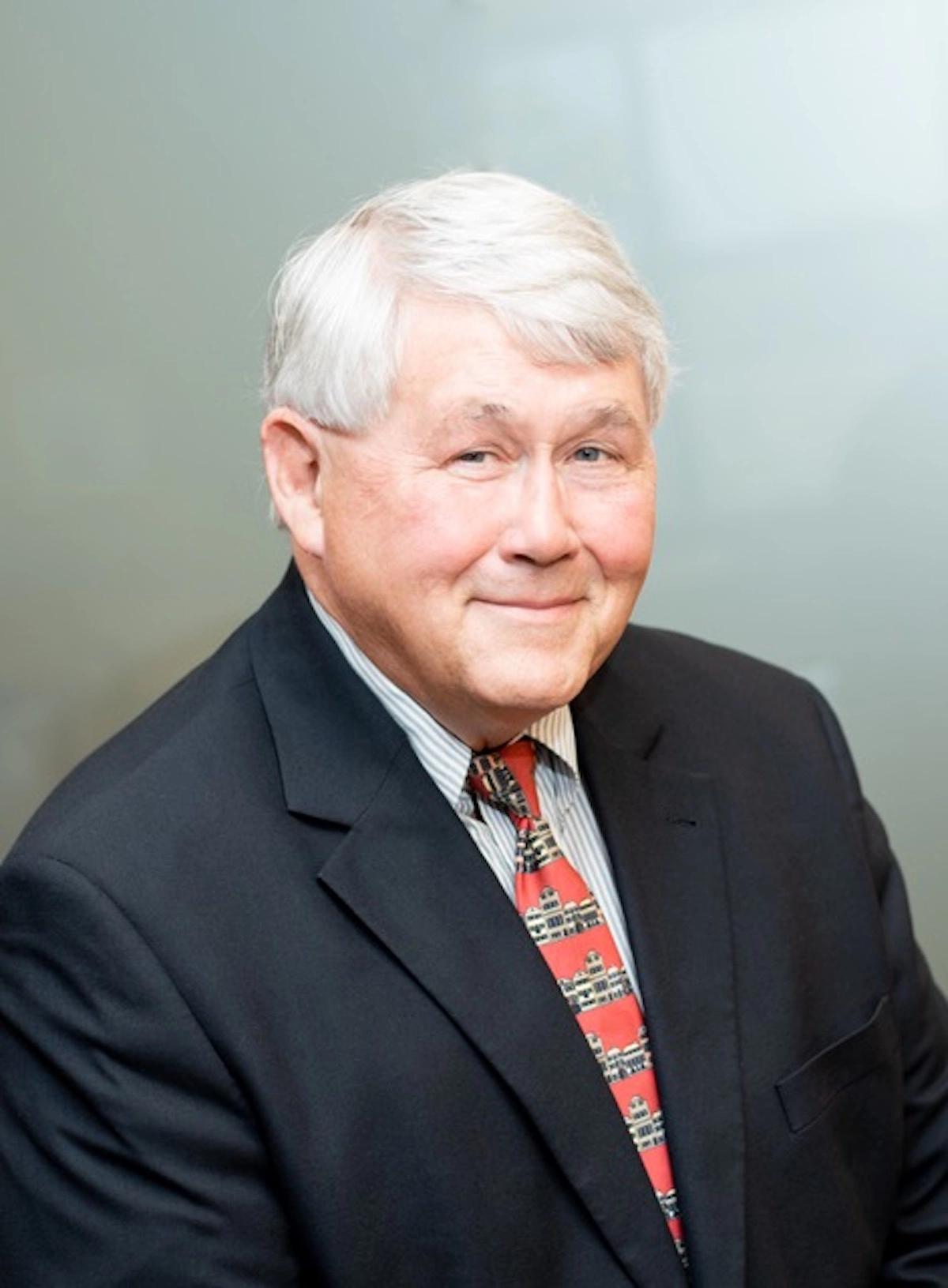Following is a joint op-ed from U.S. Reps. Mark Sanford, R-SC, and Jared Huffman, D-Calif.
In the wake of tragedy, Republicans and Democrats have historically set aside their differences, and come together to express kind words of sympathy and a sense that we should work together.
The recent shooting at a Congressional baseball practice was no exception. In the days immediately following, no matter whether you tuned into CNN or MSNBC or Fox, you would see an odd-couple pair of legislators from both sides of the aisle, pledging to act in unity.
Unfortunately, as the news cycle changes, so does the tone in Washington and that fleeting sense of cooperation sadly dissipates, replaced once again with overheated political rhetoric.
The truth that no one can deny is that our country is divided on major political questions, and our national political debate reflects that fact. Many factors fan the flames of division and passion, and it’s hard for people to find common ground when the political climate surrounding them is so overheated.
Violent political rhetoric is nothing new, of course, and it’s not unique to our nation. But, we hope that the shooting in Alexandria might at least provide a teachable moment for us all to try and turn the temperature down a little bit. Maybe it can even remind us that we’re all batting on the same team and we all got into public service for the same reason – to help our communities and improve the lives of our neighbors.
It shouldn’t take a shooting or another act of violence to bring us together and tone it down.
As Vice President Mike Pence once said: “We cannot do democracy without a heavy dose of civility.”
And former Vice President Joe Biden, who was awarded Allegheny College’s Prize for Civility in Public Life last year, has made a similar argument in his speeches: “Consensus is necessary. ‘Compromise’ is not a dirty word.”
Of course, a more civil tone, and a search for consensus, doesn’t mean the end of disagreements. We will disagree on major and minor matters, but especially in these trying political times, we ought to be able to focus our arguments on these agreements and disagreements without losing sight of our common humanity.
One reasoning we often hear on why bipartisanship has declined in Washington is that due to modern transportation, most members go back to their congressional districts to visit with their constituents every single week. Neither of us lives in Washington full time, and we have held 25 town hall meetings between us since the start of the year. That’s a good thing, but it does mean that we rarely see each other in neutral zones as regular people, living our lives.
We’re committed, though, to doing our part to create a climate of civility. It starts by taking the time to talk to each other, and to figure out what areas you can work on together. Recently, we sat down together to record an episode of “Off the Cuff w. Rep. Huffman,” where we got to discuss these very topics.
Even a conservative Republican from South Carolina and a liberal Democrat from northern California can agree on plenty once you get past the rhetoric. In our coastal districts, for example, protecting the oceans for generations to come is a top priority.
On July 4 we commemorated the declaration — and the war — that brought forth on this continent a new nation. We are challenging our colleagues and our constituents alike.
Let’s set a better tone: Disagreement, protests, and sensational reporting are all part of the fabric of our country, and our nation has fought several wars over political and moral questions, but we don’t need to accept violent or dehumanizing rhetoric as normal political behavior today.
To end on a high note, we’d like to leave with you a quote from one of our great political leaders, John F. Kennedy: “So let us begin anew — remembering on both sides that civility is not a sign of weakness, and sincerity is always subject to proof. Let us never negotiate out of fear, but let us never fear to negotiate. Let both sides explore what problems unite us instead of belaboring those problems which divide us.”





